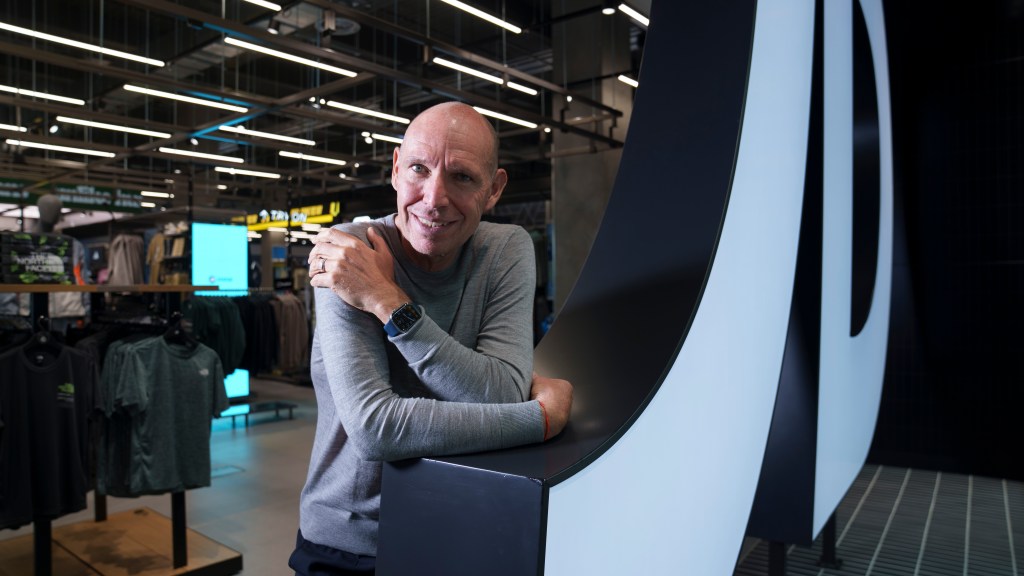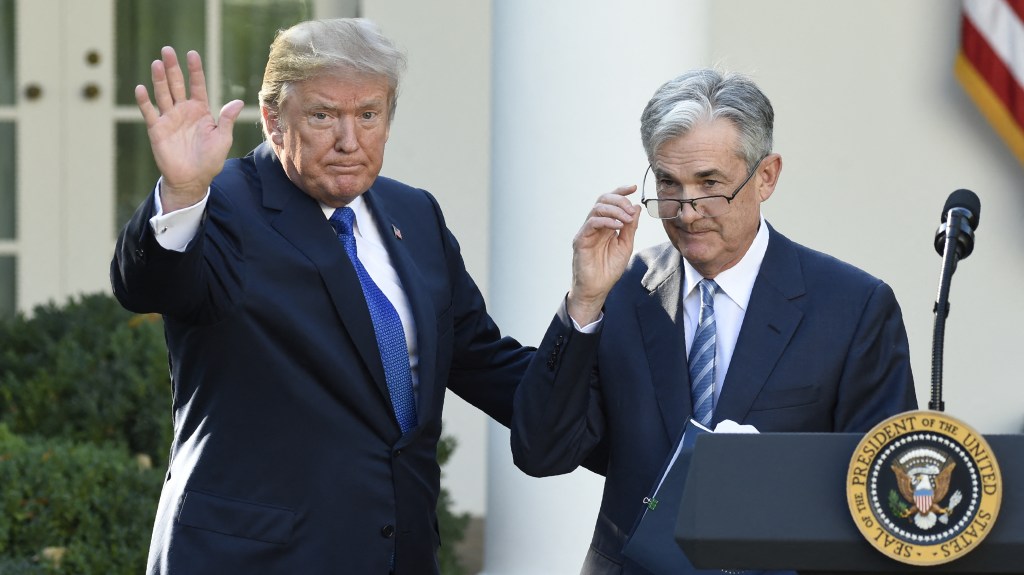JD Sports CEO Critiques Short-Term Investor Focus in the City
Regis Schultz, the CEO of JD Sports, has raised concerns about the prevalence of short-term investing and a lack of risk appetite in the City, which he believes are driving an increase in take-private transactions.
Schultz noted, “The issue with the UK stock market is that there are too many short-term investors,” adding that most stakeholders do not engage in long-term strategies. He pointed out that this trend has contributed to a notable rise in take-private deals, as current valuations appear unreasonable.
Over the past year, JD Sports’ share price has dwindled by roughly 40%, despite ongoing revenue growth and investment in expanding its global presence.
He explained that the company’s share price dropped approximately 15% following its latest full-year results, attributing this decline to the market’s excessive concern regarding the effects of US tariffs.
According to Schultz, there has been a steady decline in investment in the City over the last three years, leading investors to prioritize short-term liquidity.
A significant portion of UK-listed firms are either considering privatization or exploring listings abroad due to perceptions of being undervalued and increasing pressure from public investors.
When asked if JD Sports might consider an overseas relisting, Schultz stated, “That’s a question for the board, not for me to answer. It is always something to think about, but it’s ultimately for them to decide.”
He observed that the City tends to view British supermarket retailers more favorably compared to companies like JD Sports. “The UK investors prefer stocks without narratives, such as those in the food industry, where profits are stable, albeit with lower risk,” he said.
In contrast, Schultz believes that investors are overlooking JD’s potential for international growth and are hesitant to embrace risk. He stated, “The intrinsic value is not acknowledged. Our story is about being a world leader. Not many UK retailers can claim to be number one in both the US and Europe. This narrative is compelling, yet perceived as riskier.”
In what could be interpreted as a subtle critique of competitors like Lord Wolfson of Next, known for his “under-promise, over-deliver” philosophy, Schultz remarked, “You need to promise nothing and just deliver something, and everyone is content. If I had produced the same results upon joining but set much lower expectations, I would have been celebrated.”




Post Comment